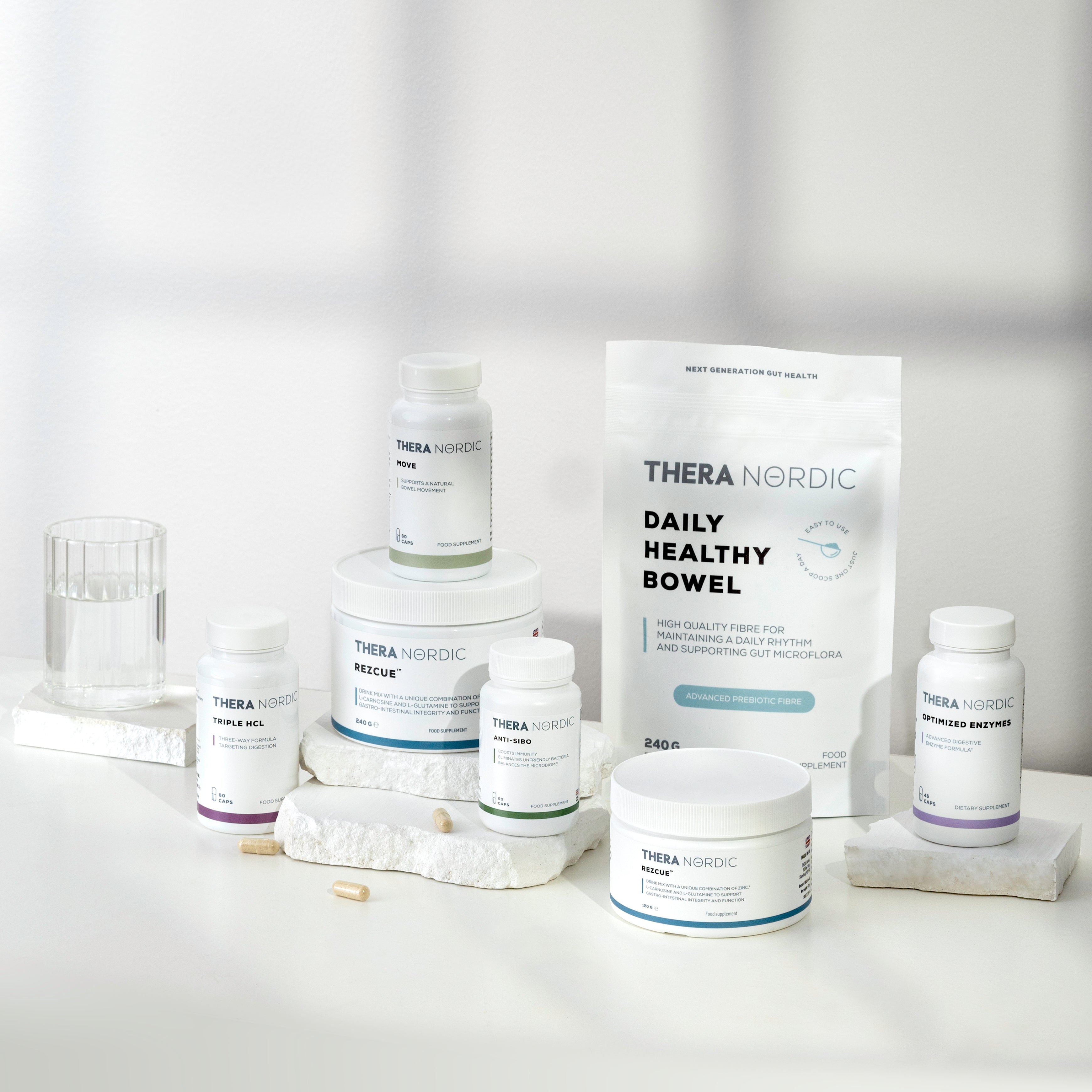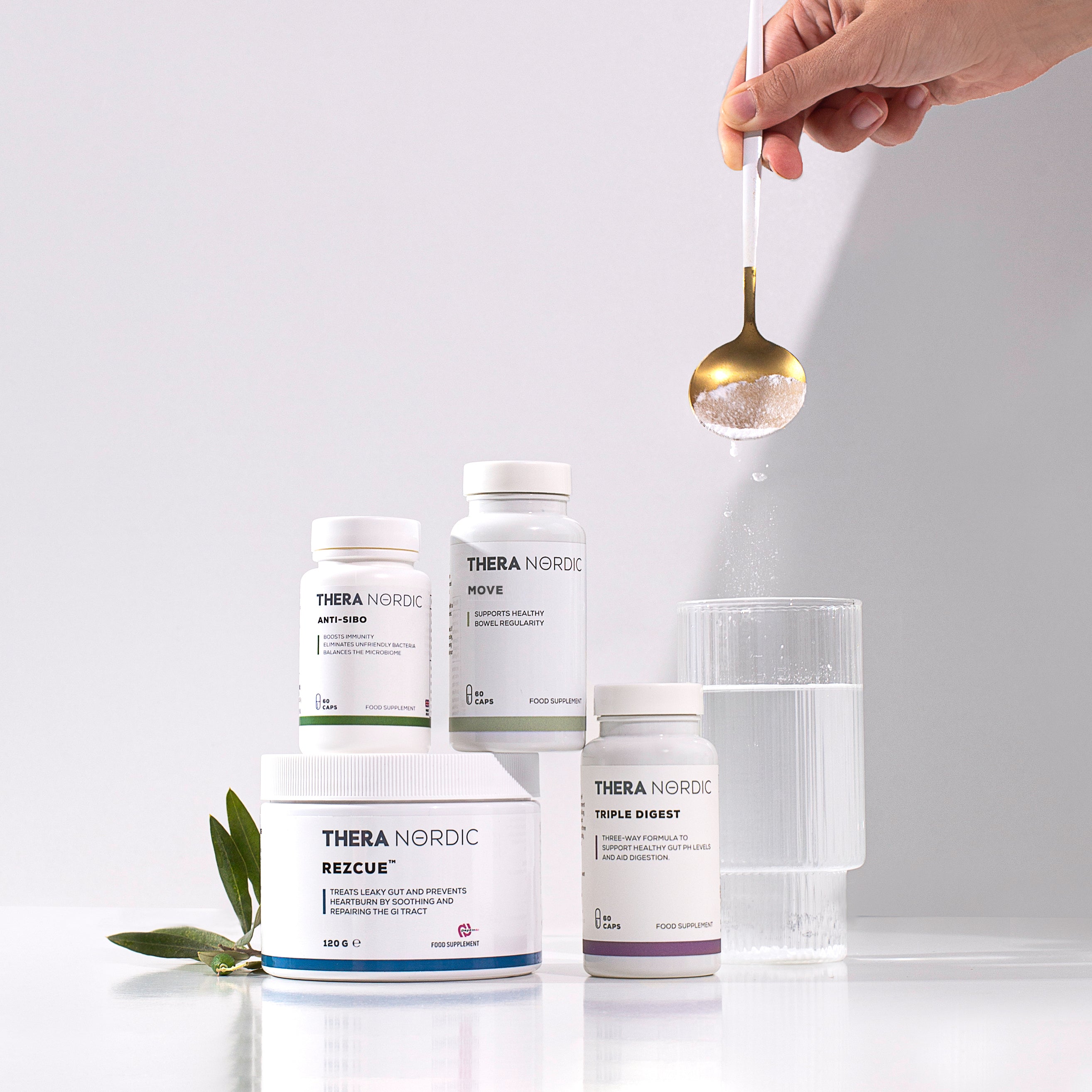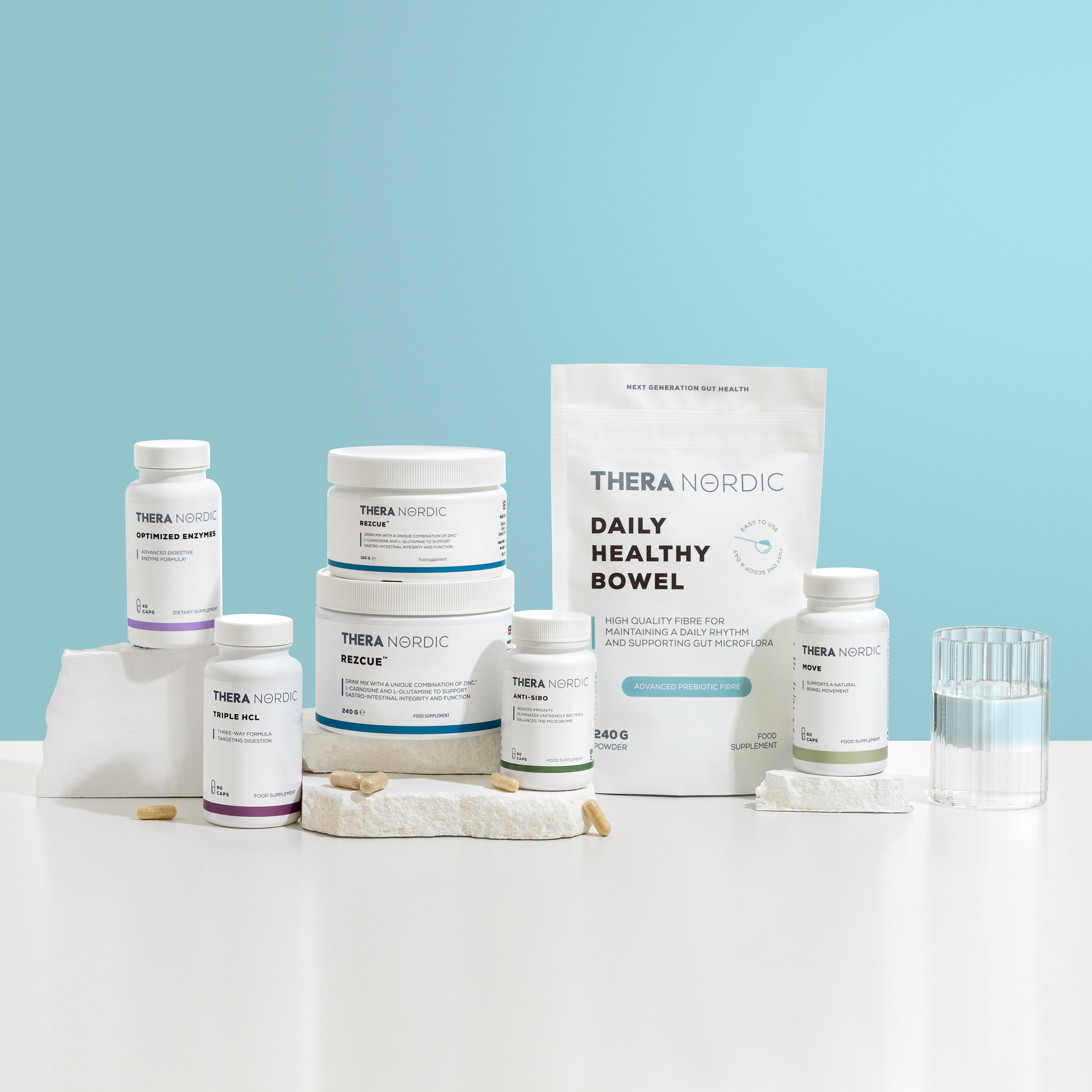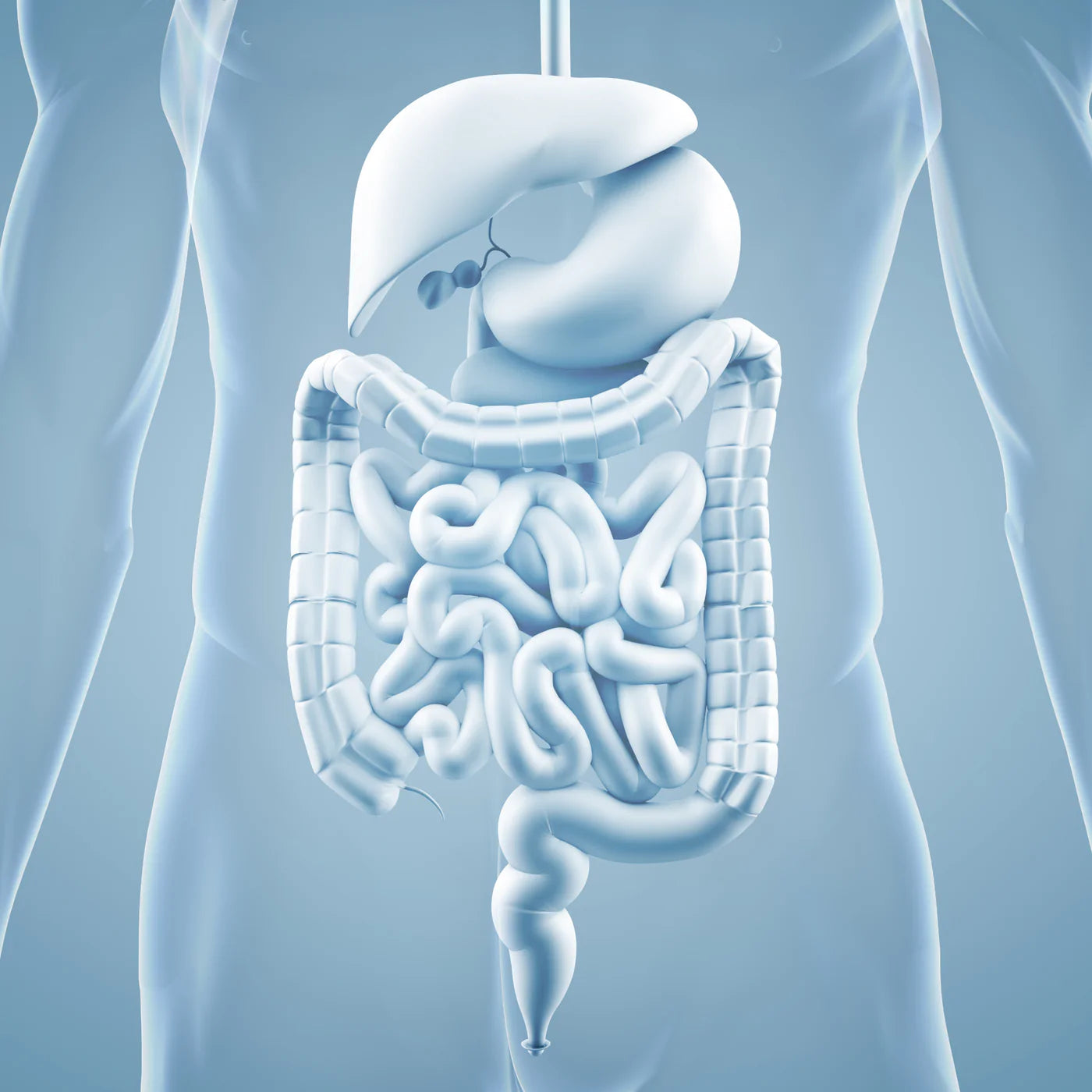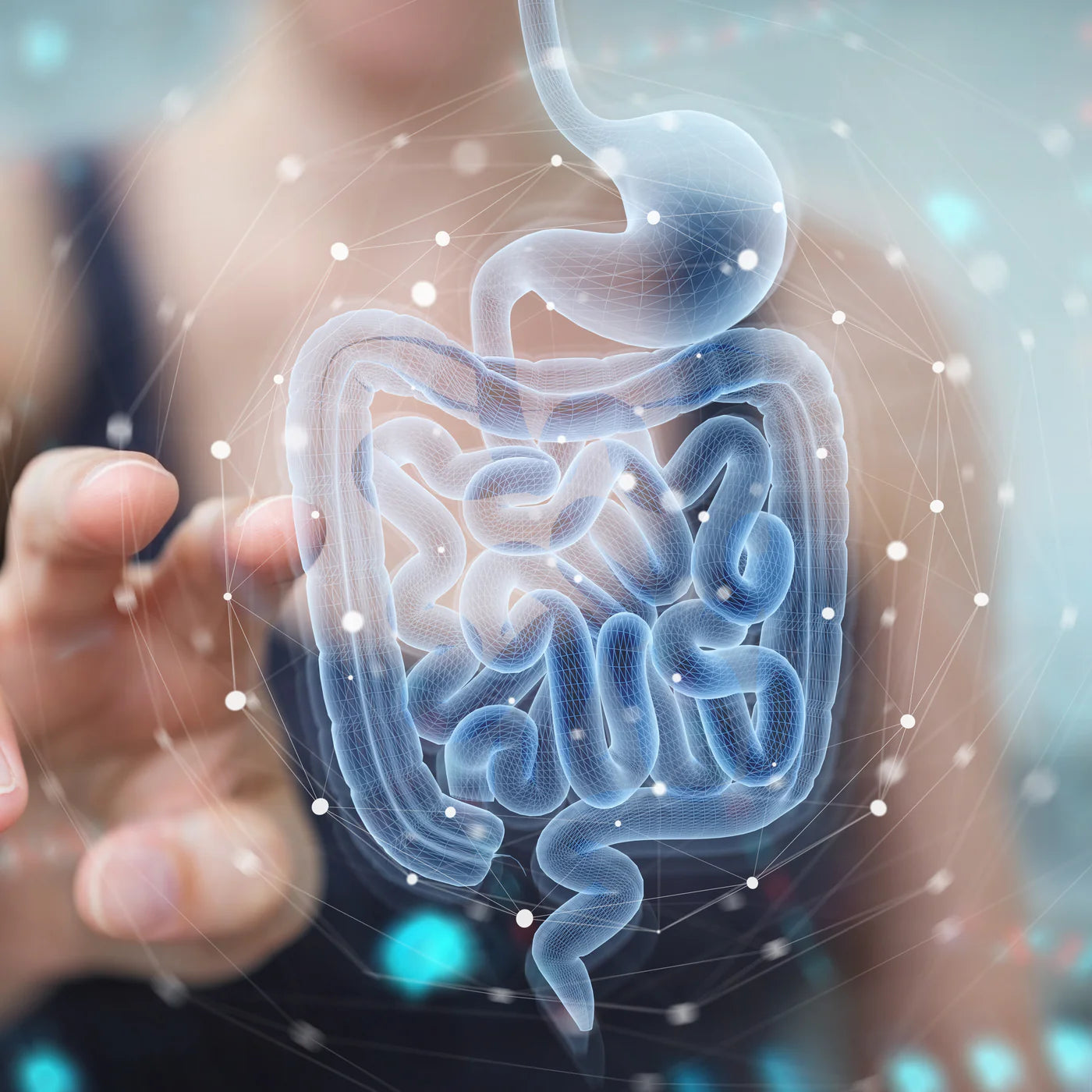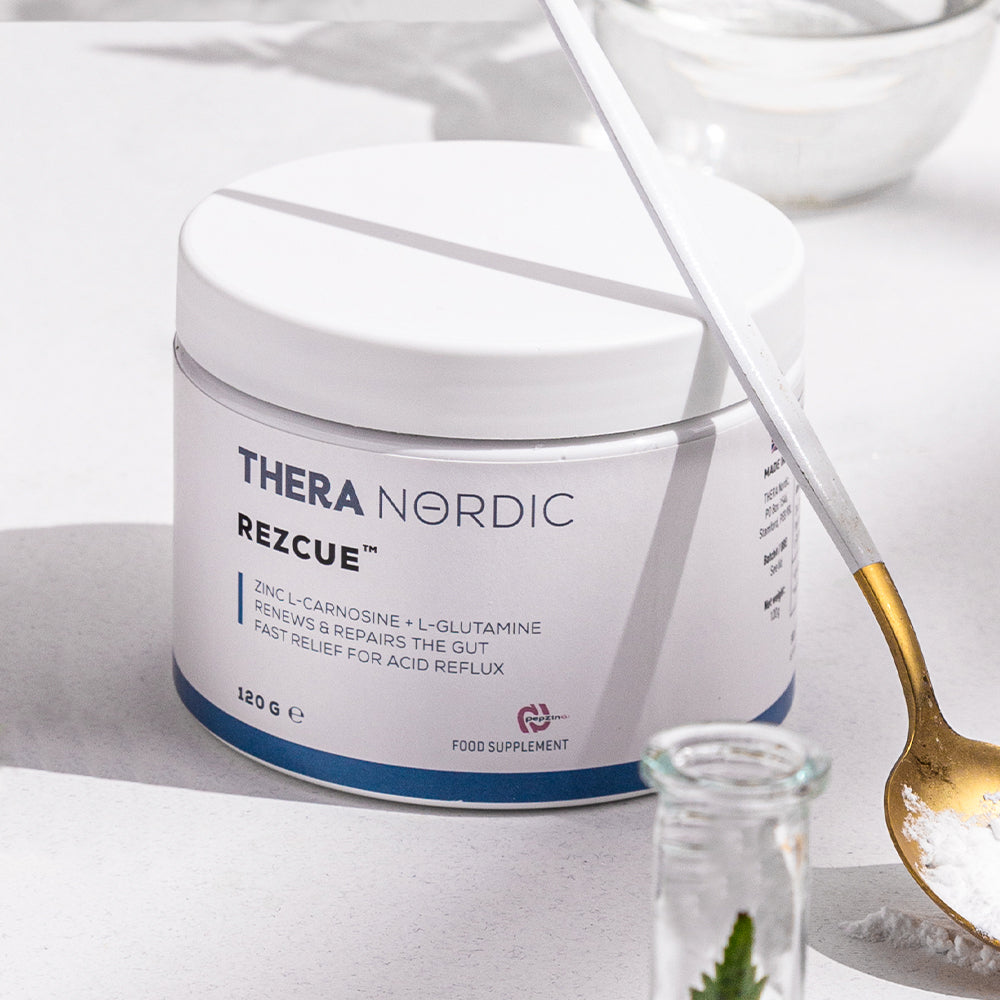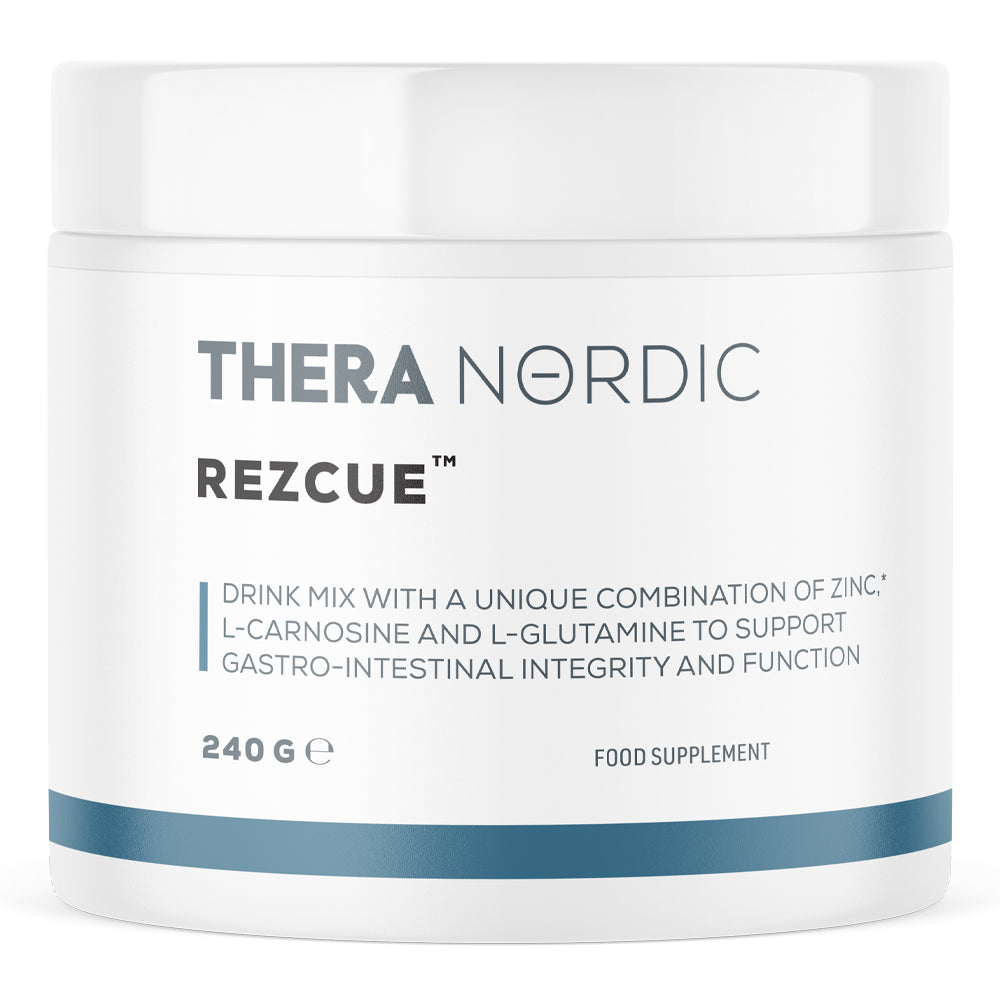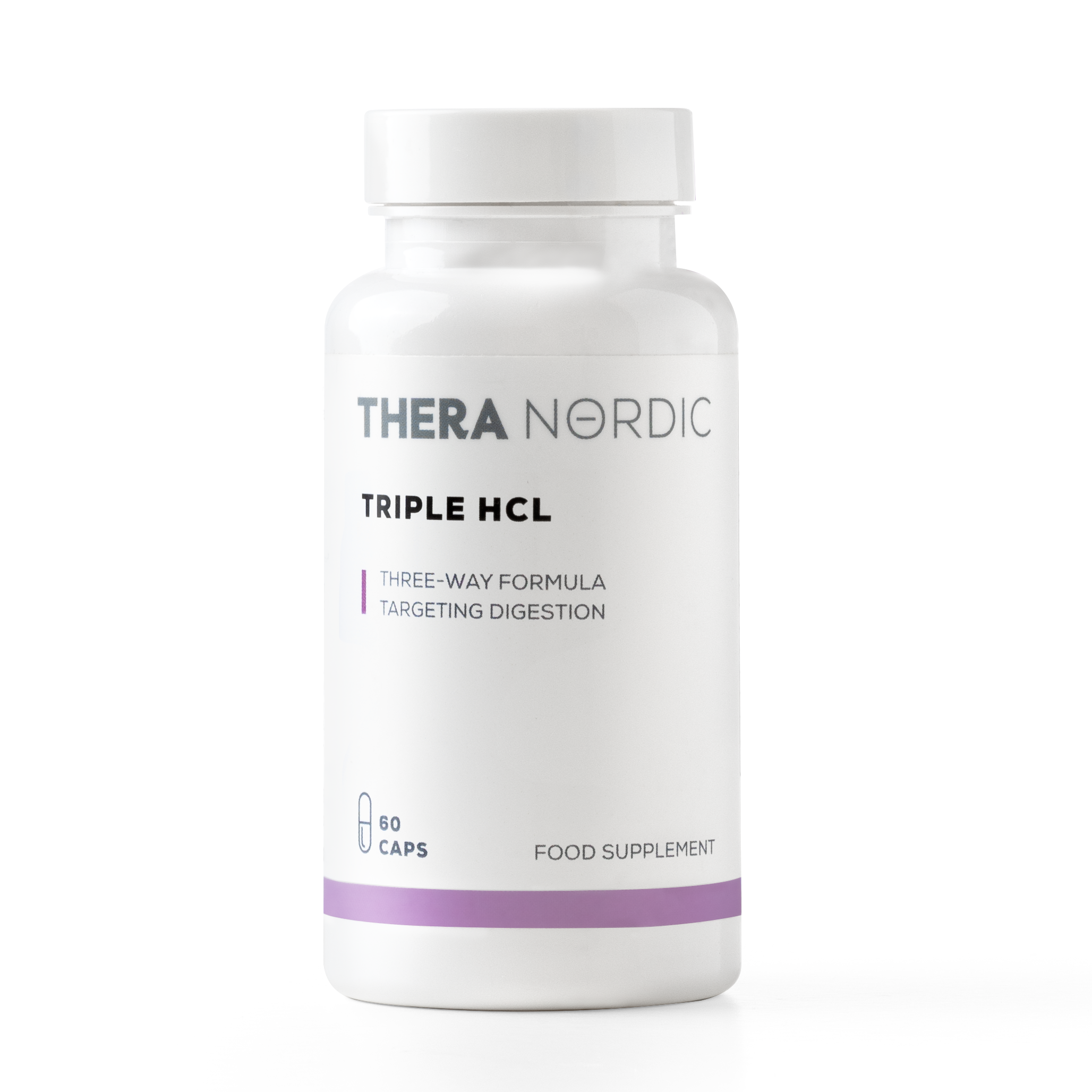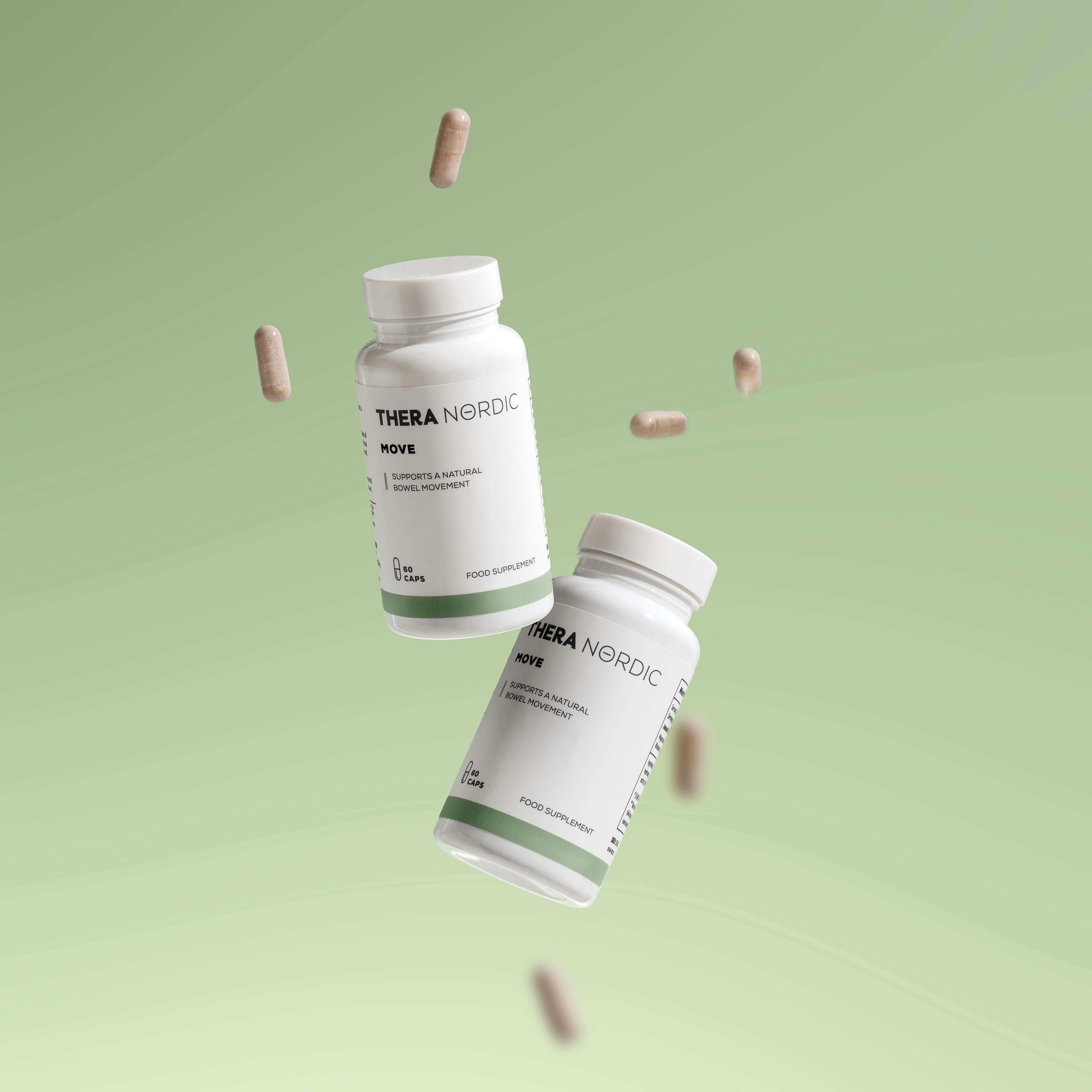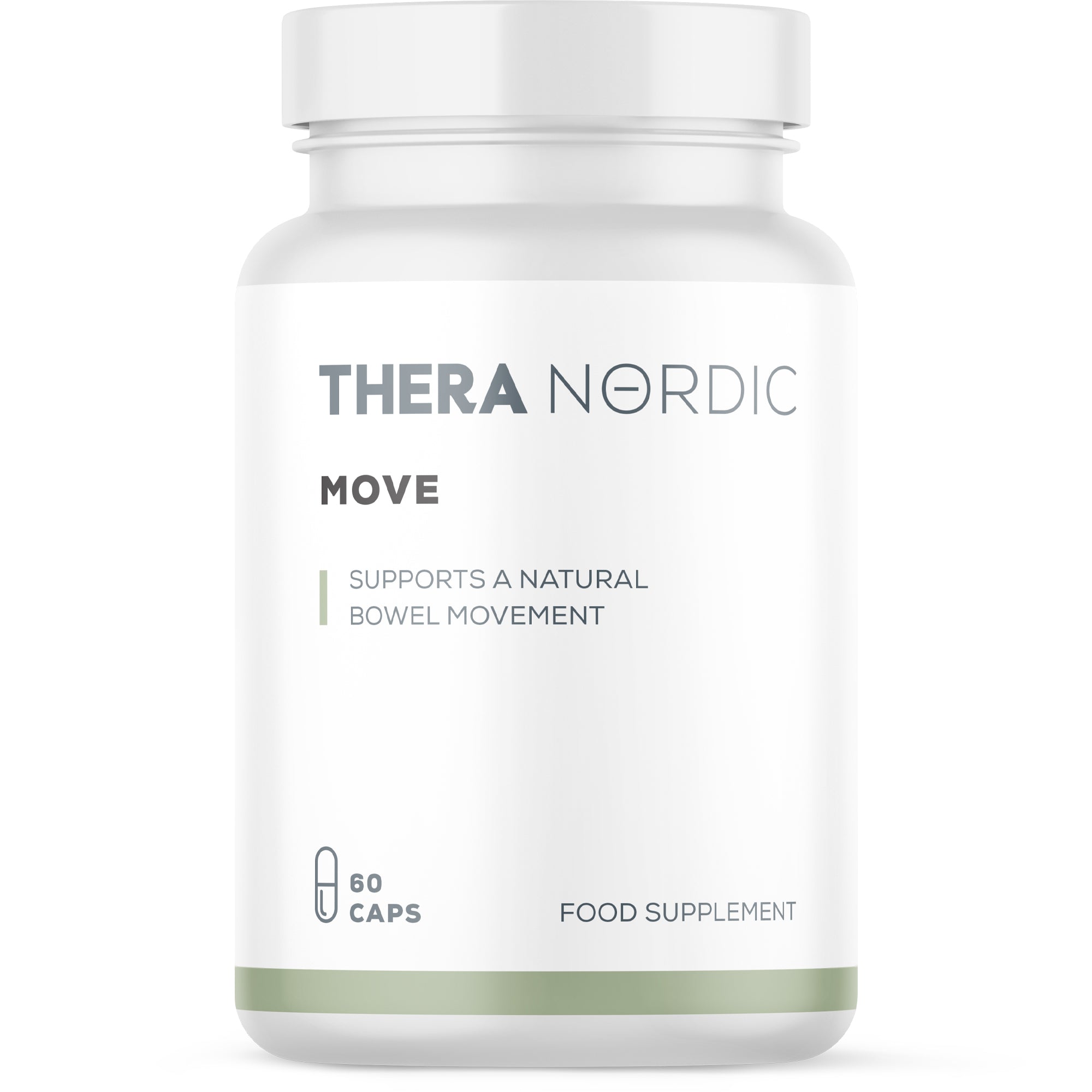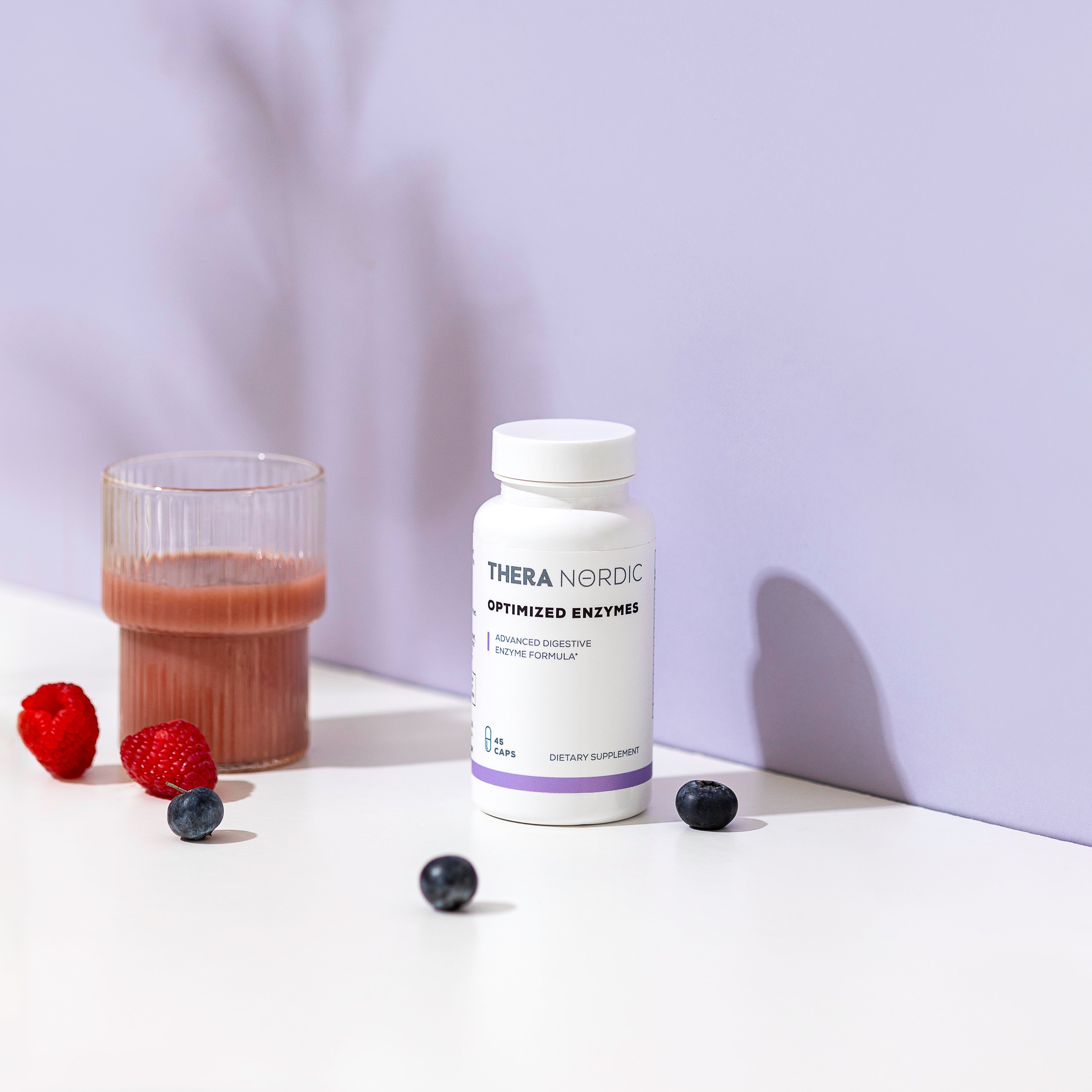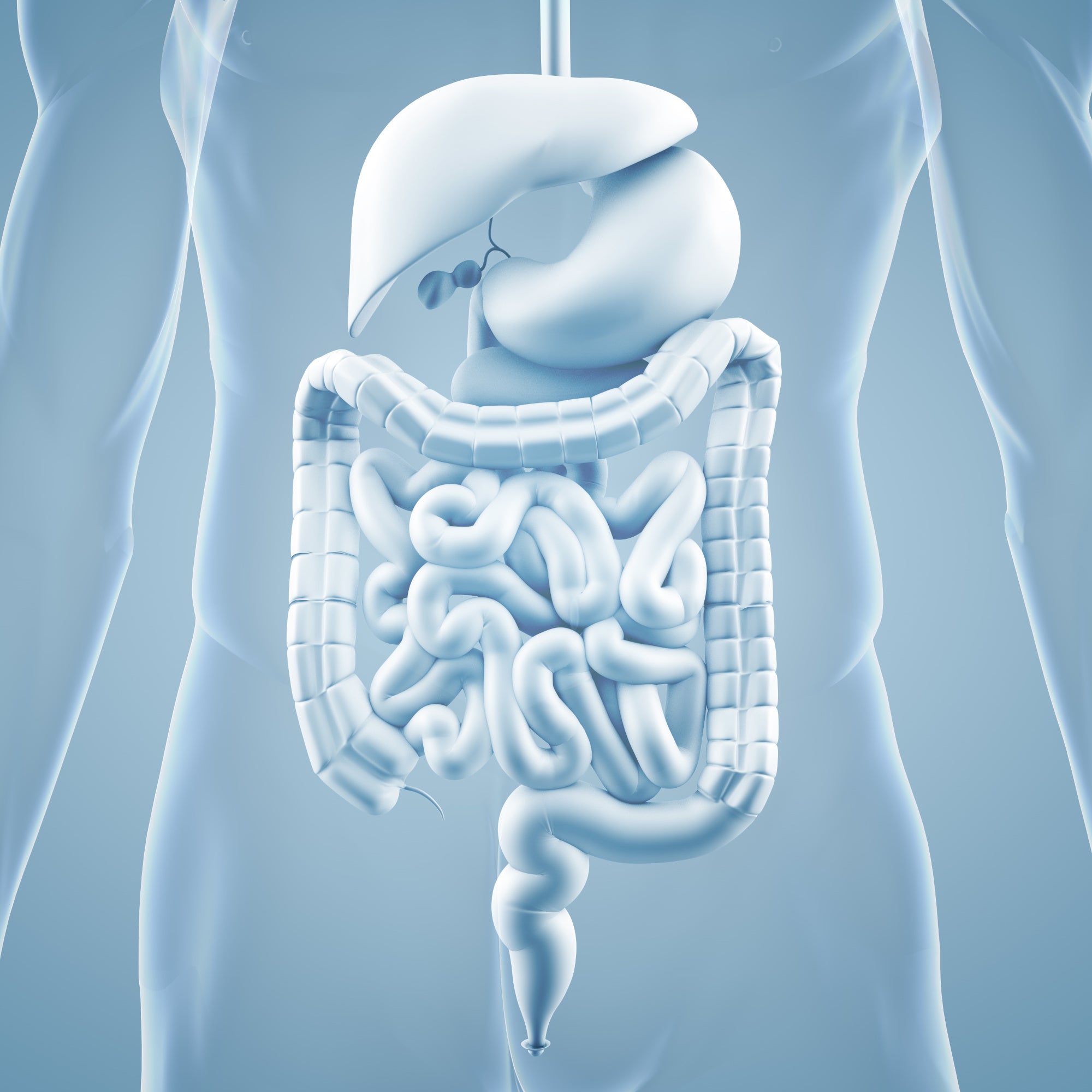Gastroesophageal Reflux Disease (GERD, or officially GORD in the UK) has a very clear connection to perimenopause and menopause. In this article we'll take a look at the connection to help you understand how you can feel better during this often challenging time of life.
GERD is a condition where stomach contents can leak back into the oesophagus, causing discomfort and other symptoms. While occasional acid reflux is common, GERD represents a more severe and persistent form of this condition. Interestingly, its prevalence increases during perimenopause and menopause, largely due to hormonal changes impacting digestion.
During perimenopause and menopause, hormonal fluctuations can weaken the muscles, including the valve at the top of the stomach, which normally keeps stomach contents in place after eating. Additionally, decreasing hormone levels often lead to reduced stomach acid production, which may be mistaken for over-acidity. This can exacerbate GERD symptoms, as insufficient stomach acid fails to adequately break down meals, leading to fermentation and gas production, which in turn increases pressure on the stomach valve, facilitating reflux.
Moreover, stress, prevalent during midlife transitions, can exacerbate GERD symptoms. Stress and anxiety can disrupt digestion, causing food to linger in the stomach longer, thereby increasing the likelihood of reflux.
Recognising GERD symptoms during perimenopause and menopause is crucial for timely intervention. Some common symptoms include:
-
Regular Acid Reflux: Occurring more frequently than occasional instances, frequent acid reflux can signify GERD.
-
Unpleasant Sour Taste in the Mouth: GERD often manifests as a persistent sour or bitter taste in the mouth.
-
Heartburn: Characterised by discomfort, pressure, and sometimes pain beneath the ribs, heartburn is a classic symptom of GERD. Despite its name, it originates from stomach acid, not the heart.
-
Trouble Swallowing: Irritation and inflammation of the oesophageal lining due to reflux can lead to difficulty swallowing, a sensation of a lump in the throat, and dryness.
- Persistent Cough: Chronic coughing without an underlying infection may indicate GERD-related irritation of the throat.
- Other Symptoms: GERD can also present as frequent hiccups, bad breath, and post-meal nausea.
Here are some simple ways that you could help to manage GERD during perimenopause and menopause:
-
Healthy lifestyle: Focus on the basics of a health lifestyle. In particular some healthy dietary changes to avoid trigger foods, and possibly supplementation.
-
Minimise stress: Try to reduce your stress levels by practicing whatever stress-reducing techniques work for you; yoga, meditation, mindfulness or exercise.
- Consider supplementing your diet: Supplements like REZCUE and Triple HCL can offer relief. REZCUE aids in calming digestive discomfort and promoting healthy digestion, while Triple HCL supports optimal stomach acid levels, aiding in proper digestion and reducing reflux symptoms.
We understand that perimenopause and menopause can be a really confusing time. It's often hard to even get a diagnosis and it's tough to find information or support. The relationship between the hormonal changes and gut related issues, including GERD, can cause further stress at an already difficult time. But rest assured there are proactive measures that you can take in terms of diet, exercise and the use of targeted supplements that can really make a big difference to your digestive health.
For further information on how our products can help target some of the common symptoms of perimenopause or the menopause, please see our "Supporting you during the menopause" page.

